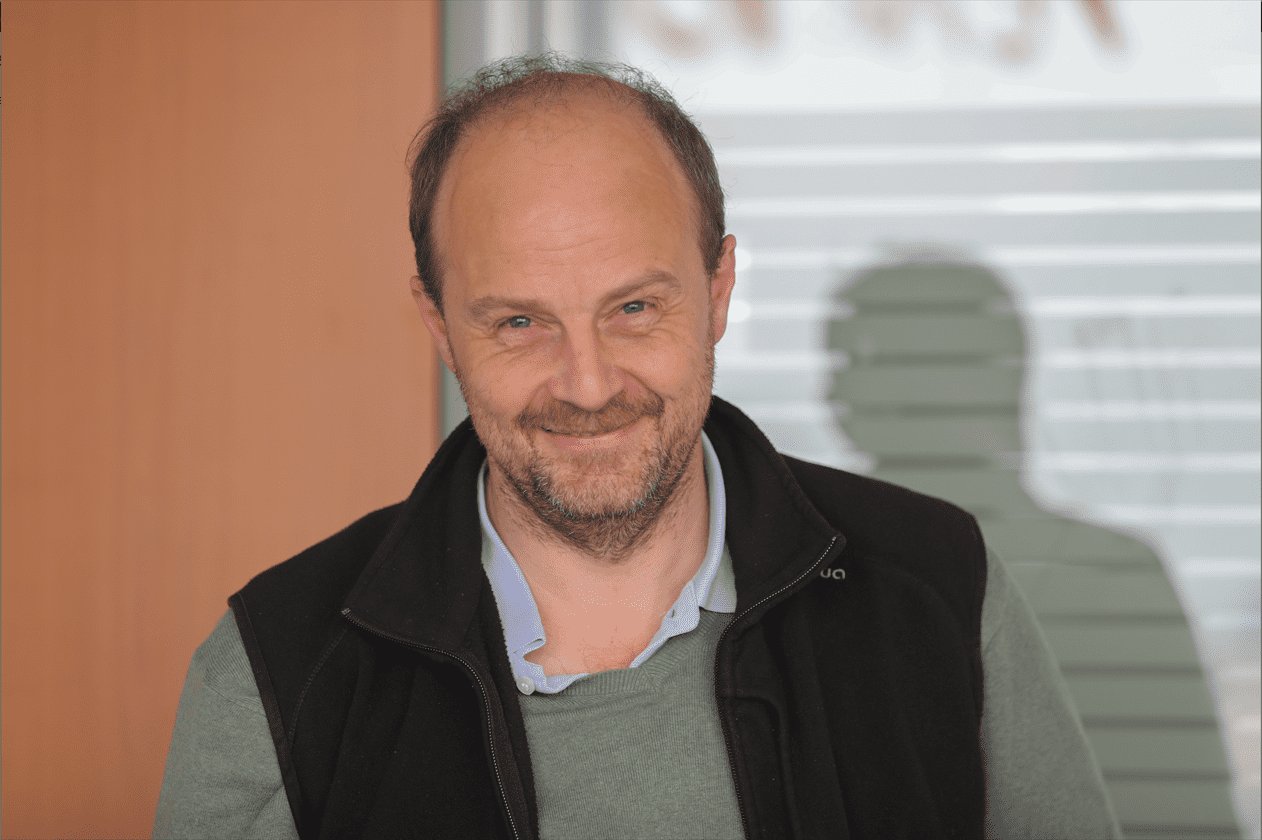The Pandemic, an accelerator of Innovations
Published on 06/20/2022
Thematics :
The Pandemic, an accelerator of Innovations
Published on 06/20/2022
Since 2006, the Centre for Interdisciplinary Research (CRI) has been exploring new ways of learning. Its creator, François Taddéi, Doctor of Genetics and Research Director at Inserm, shares with us the latest evolutions.
What impact will the pandemic have on new ways of learning?
Let’s first say that it isn’t over yet and that one crisis can be followed by others, as we are reminded once again by the case of Ukraine. The pandemic undoubtedly acted as an accelerator. As regards remote learning versus in-person learning, we now know for sure that neither of these extremes works very well. Remote learning and nothing else makes people depressed, whereas when everything is in-person there is too much rigidity to adapt to different people and contexts. So hybrid formats would seem to be the most appropriate.
“Teaching staff exchanged ideas and trained each other”
Regarding the public authorities, Covid led to greater awareness of the need to invest in our educational systems. But the thing that most struck me was the increase in sharing between members of the teaching staff! The way they exchanged ideas and trained each other was an essential part of the School’s response.
Does investing in education mean making more room for digital tools?
The internet brings to our societies – which are very fragile! – both a range of solutions and a great challenge. Increasing information flows means increasing the amount of parasitical information, which changes the quality of the public debate and prevents us from constructing collectively. I often draw a parallel with the biology of evolution: we now have to produce new defences to fight against this external interference. When printing was invented, new rules had to be created; that’s exactly where we are today with the digital world.
What should we make of artificial intelligence in education?
AI raises concerns whenever we don’t know exactly who it is designed to benefit: would that be States? Or Gafam or other businesses who are seeking financial profit from it? Or is it the learners? It’s up to us, not the computers, to answer that question. Another thought raised by machine learning: as soon as machines begin to learn, what should we ourselves be learning?
“For example, one of our areas of work involves linking collective intelligence and AI”
We must teach how these technologies work, and the theories on which they are based, to turn them into the optimisation instrument that they could be. For example, one of our areas of work involves linking collective intelligence and AI. The idea is to create a kind of GPS of knowledge and projects, allowing everyone to take part. As with any technology, nobody should decide in our place what our aims are and what we would reject.
François Taddei is a contributor to the White Paper Training for Tomorrow’s Professions, published by Arts et Métiers and NEOMA Business School.

